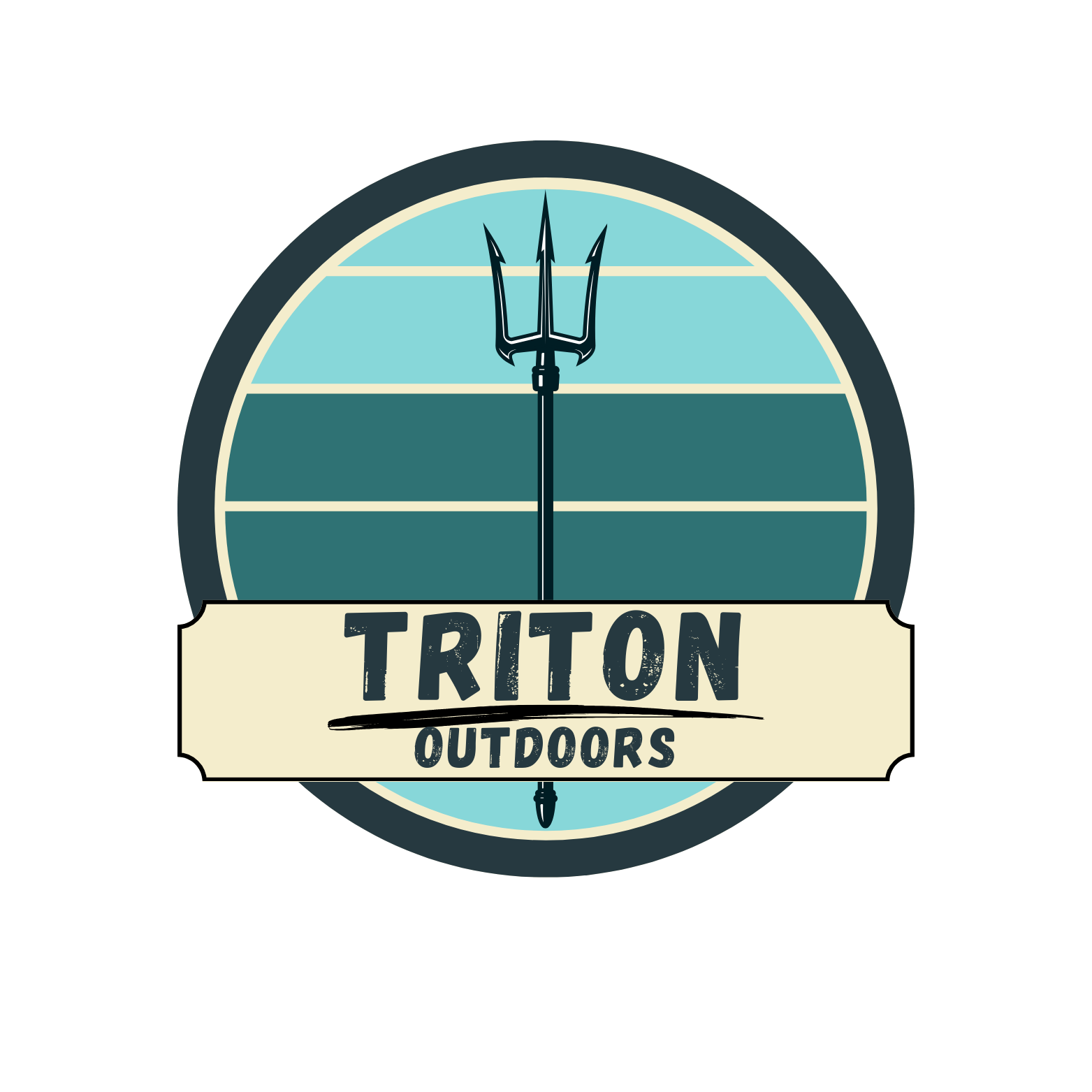Triathlons are the ultimate athletic endurance challenge, consisting of swimming, cycling and running events in quick succession. They are mentally and physically demanding and require excellent levels of fitness. You might assume that it is a sport for people at their peak around the age of 30, but in fact this is not the case at all.
It may be true that after the age of 40 we begin to lose muscle mass, bone density and aerobic capacity. It also takes longer to recover from periods of intense activity. However, this can be compensated for to a great extent with a well-planned training routine and the right nutrition.
In some ways, age can also be an advantage in competitive sport because it can bring extra motivation, resilience and mental toughness, all necessary qualities for a triathlon competitor. Older competitors may also have the advantage over people in their 20s or 30s who are juggling demanding careers with bringing up young families.
People in middle age can sometimes have more spare time to put into training in the pool or open water swimming, and working on strength training and aerobic exercises.
2020 Triathlon Magazine recently published an interview with Mel McQuaid, a 50-year old Canadian woman who is competing in the Ironman World Championship. She has previously taken three Xterra world titles in 2003, 2005, and 2006 and has also been ITU Cross Triathlon World Champion in 2011 and 2017.
When asked about her philosophy and motivation as a veteran athlete, McQuaid said: “I race to pursue more growth and knowledge. A lot of my professional racing is geared toward experiential learning as a coach and as I’ve gotten better as a coach, I’ve improved as an athlete.”
She added: “Athletes can get into a corrosive mindset, particularly when they are older, where racing is really outcome focused. You can race to win championships, have sponsors, fancy bikes, all these things - and that’s who I was when I was racing Xterra. I either won or I failed.”
McQuaid has successfully recovered from a serious foot injury in 2016 to return to the highest levels of the sport.
Commenting on this, she said: “My main values are growth and health. I want to be healthy and I’m a pretty voracious learner. I spent all the time when I was injured with my ankle doing courses on strength training. The more you learn, the more you learn you need to learn, so it helps to really keep you inspired to learn new things.
“I was told I’d never run fast again, but I really wanted to run with my girlfriends, so that was not an option. Sport brings me a community of friends who are fit and healthy and I just wanted to be a part of that. Even when things started to get better, I just kept that mindset."
The inspiring McQuaid shows that triathlons can bring not just a sense of achievement, but lifelong learning, friends, and a more positive outlook on life.
If you are looking for open water swimming clothing, please visit our website today.


